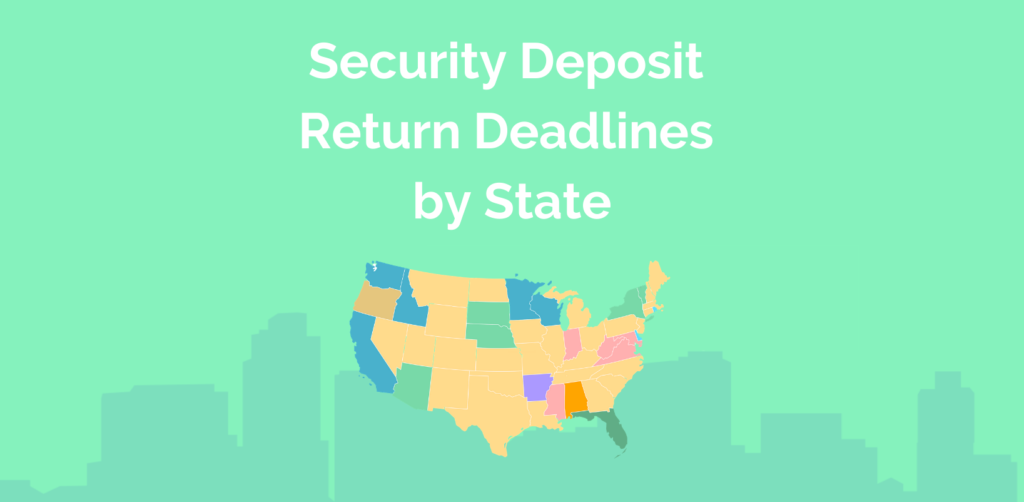Welcome to Rental Regulations Monthly, Obligo’s monthly digest of recent regulatory news impacting the rental market. Whether you’re a property owner, manager, or a renter, we’re here to highlight some key changes in the ever-shifting regulatory landscape of rental housing.
In the past couple of months, San Francisco proposed an “empty house tax” to tackle its housing crisis. Los Angeles placed tighter restrictions on rent increases. Read on to see how these changes might impact you.
San Francisco Proposes Vacancy Tax
In February, a San Francisco city supervisor proposed a ballot initiative to tax multifamily properties that have been vacant for over six months, as a measure to increase the city’s affordable housing stock. In 2019, 10% of the city’s housing units were unoccupied.
If the proposal gets 9,000 valid signatures, San Francisco voters will need to decide on this matter in November’s ballot. If passed, the initiative will impose a tax on empty homes based on the property size and duration of the vacancy. For example, a unit under 1,000 square feet would be taxed $2,500 for a one-year vacancy, and $10,000 for three years. There are exemptions for certain types of vacancies, such as vacancies due to recent sales, a remodel, or natural disasters.
Vancouver, Canada is a successful example of using a tax to reduce vacancies, and the inspiration for this initiative. Between 2017 and 2019, the city decreased the number of taxable vacant units by 25.4%, and generated $23 million Canadian dollars in net revenue for the city. Oakland and Washington D.C. are the only other cities in the U.S. that have a vacancy tax.
The tax, if implemented, is estimated to bring in $38.9 million per year for San Francisco, which could be used toward affordable housing and tackling the city’s ongoing homelessness problem.
Our Insights
For Renters: For those who are looking for affordable places in San Francisco, this vacancy tax might not be that effective in influencing rental prices. In fact, 80% of the city’s 40,000 empty units will likely be exempt from this tax. Housing advocates argue that construction of new buildings is the best way to increase the city’s affordable housing stock. While it’s hard for any individual renter to tackle a systemic problem, they can still save money by choosing to rent deposit-free. In California, landlords can charge two or three months worth of rent in security deposit, a huge lump sum in expensive cities. Obligo’s credit-backed deposit alternative rids renters from the burden of fronting thousands of dollars at move-in.
For Owners & Managers: It’s not surprising that this new tax has been proposed in a city with one of the nation’s most serious housing shortages. Primarily, city supervisors want the tax to discourage the purchase of properties for investment alone, which can result in them sitting unoccupied until the market is favorable for selling. For owners and managers who want to fill vacancies faster and attract more residents, Obligo offers open banking-based screening, deposit-free living and certified electronic move-in payments to accelerate the leasing process.
Los Angeles & Massachusetts Tighten Restrictions on Rent Increases
As pandemic-era rental housing relief measures expire nationwide and people flock back into metropolitan areas, some cities and states are coming up with measures to curb a steep rent hike.
Los Angeles is prohibiting landlords from raising the rents of over 650,000 rent-stabilized units, nearly three-quarters of all apartments citywide, until 2023. This protection will extend an entire year after the emergency order signed by Mayor Eric Garcetti in 2020 expires.
The State of Massachusetts is also discussing a bill that would pose a restriction on rent increases. House Bill 1440 proposes to cap the annual rent increase at 5%, or below the annual change in the Consumer Price Index, whichever is less.
Our Insights
For Renters: Rent increases are often inevitable if you don’t live in a rent-controlled unit, but you can save up some extra cash by living in a property that offers a security deposit alternative like Obligo. You can also get your previous deposit back faster (and electronically!) when you move to a new home, if you refer your previous landlord to us.
For Owners & Managers: The rules around rent increases can be very nuanced, and compliance becomes harder when new changes are constantly introduced. It’s key to know whether you can raise rent, the amount allowed, and what kind of notice you need to give tenants. Rent increases might also discourage renewals, so consider incentivizing renewals by refunding security deposits at the time of lease renewal. Schedule a demo with Obligo to learn more.
——————————————————————————————
As the only credit-backed deposit alternative, Obligo rids both landlords and renters from the burden of security deposits, making the move-in and move-out process as simple as checking in and out of a hotel. Learn how Obligo can help you streamline your operations, boost your bottom line, power a better renter experience and comply with ever-changing changing regulations!
*Disclaimer: The contents of this publication are for informational purposes only. This publication does not render legal or other professional advice or opinions on specific facts or matters, and should not replace consultation with an attorney.






Leave a Reply